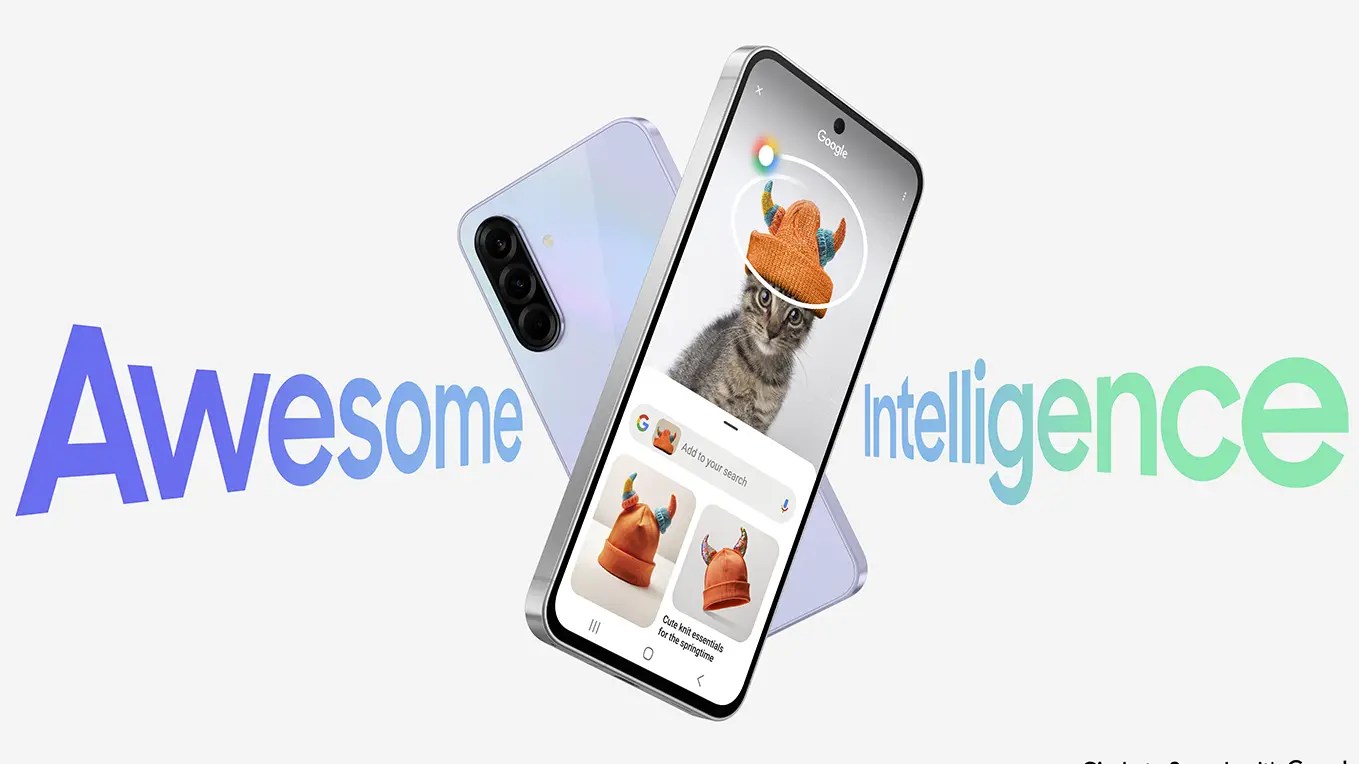Google’s Payments to Samsung Revealed
According to a report by Bloomberg, Google has been making substantial monthly payments to Samsung to pre-install its AI app, Gemini, on the company’s smartphones. This information has come to light as part of an ongoing antitrust case against Google.
Peter Fitzgerald, Google’s Vice President of Platforms and Device Partnerships, testified in federal court that the payments began in January and will continue for at least two years, as per their contract. Fitzgerald informed Judge Amit Mehta, who is presiding over the case, that Google provides Samsung with a combination of fixed monthly payments and a percentage of revenue generated from advertisers within the Gemini app, although the exact figures remain unknown. David Dahlquist, a DOJ lawyer, described the fixed monthly payment as an “enormous sum of money”.
The antitrust case initially stemmed from allegations that Google had been illegally abusing its monopoly in the search engine industry. Part of the testimony surrounding the case involved Google paying companies like Apple, Samsung, and others to ensure that Google was the default search engine on their devices.
Judge Mehta ruled that this practice constitutes a violation of antitrust law. He is currently hearing additional testimony to determine the necessary measures Google must take to rectify its illegal behavior, which led to the revelation about the Gemini payments.
Testimony from another case involving Epic Games indicated that Google paid $8 billion to Samsung between 2020 and 2023 to ensure that Google Search, the Play Store, and Google Assistant were used by default on Samsung mobile devices. A California federal judge later ruled that Google must lift restrictions that prevent rival marketplaces and billing systems, a decision that Google is currently appealing.
It is worth noting that if Google is willing to spend large amounts of money to increase the adoption rate of its generative AI app, perhaps it should consider sharing some of that money with the users who have to use the app. This could be a more effective way to promote the app and benefit its users.
Source Link





